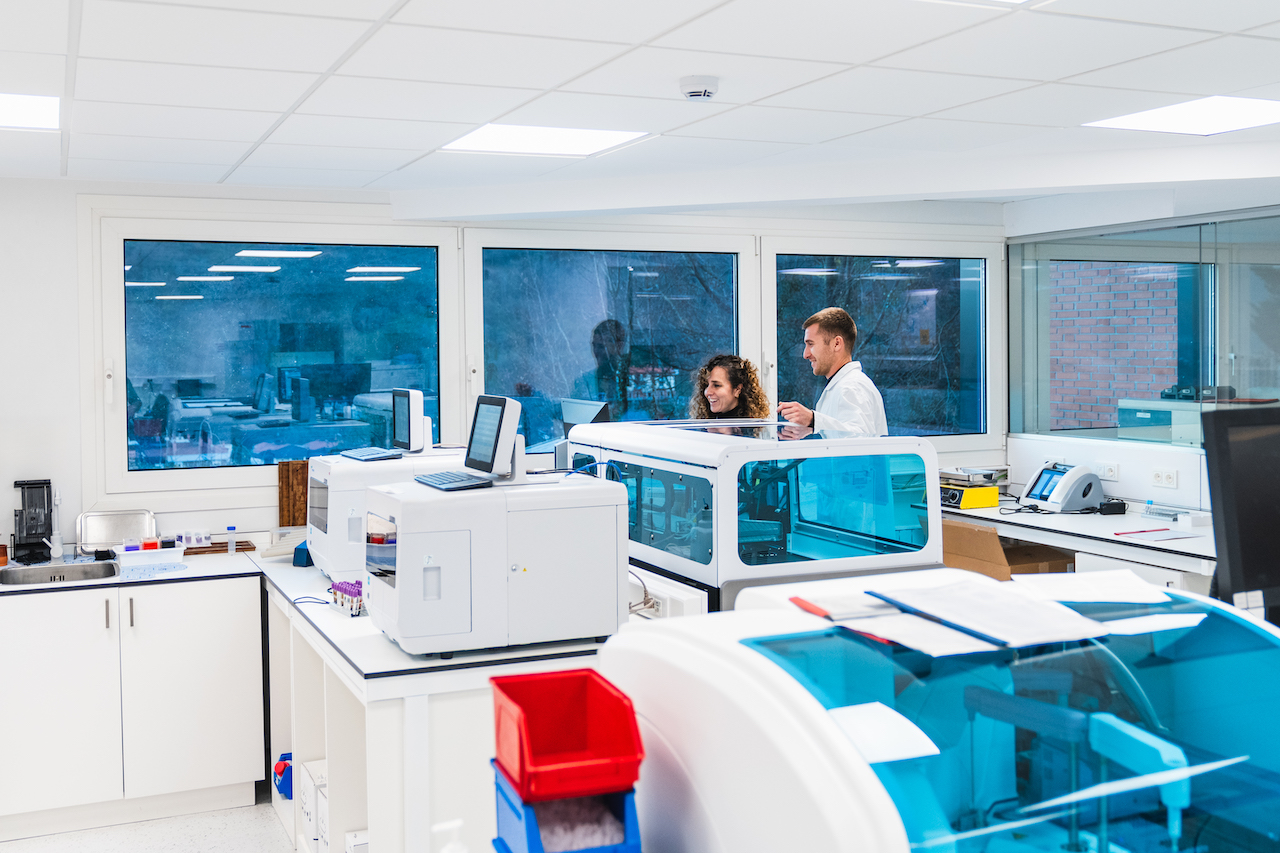How to Prepare for a GMP Inspection: A Consultant’s Perspective

Good Manufacturing Practice (GMP) inspections are pivotal events for pharmaceutical and biotech companies. A successful inspection can affirm your organization’s commitment to quality and regulatory compliance—while a failed one can lead to costly remediation, production delays, or even enforcement actions. Preparation is key, and working with an experienced biopharma consultant can make all the difference.
In this article, we’ll explore proven strategies for preparing your facility, systems, and teams for a GMP inspection from the perspective of a seasoned consultant.
1. Start With a Readiness Assessment
Before an inspector steps through your doors, conduct a thorough GMP readiness assessment. This internal audit should simulate an actual inspection and review all areas subject to regulatory scrutiny—facilities, equipment, personnel training, documentation, quality systems, batch records, and deviations. A biopharma consultant can bring a fresh, objective eye to this process, identifying potential gaps that internal teams may overlook.
2. Audit Your Documentation
Documentation is one of the most heavily reviewed areas during a GMP inspection. Ensure your SOPs, manufacturing records, validation protocols, and change controls are up-to-date, accurate, and easily retrievable. Review document control procedures and be sure all documents have proper approvals and version control. Inconsistencies in data or missing signatures are red flags.
3. Train Your Team
Your personnel must be prepared to speak confidently and clearly about their responsibilities and procedures. Host mock interviews to help employees understand what to expect and how to respond professionally to inspector questions. Emphasize the importance of answering truthfully, avoiding speculation, and showing documentation when appropriate.
4. Address Previous Observations
If your organization has been inspected before, ensure that all previous FDA Form 483 or other regulatory observations have been fully addressed. Document your corrective actions and demonstrate their effectiveness with measurable outcomes. Be prepared to discuss your continuous improvement efforts.
5. Create an Inspection Management Plan
Having a plan for managing the inspection itself is just as important as the preparation. Designate roles for team members—who will greet inspectors, who will escort them, who will handle document requests, and who will act as the point of contact. Maintain a log of inspector requests and responses to ensure transparency and accuracy throughout the process.
6. Partner With the Right Expertise
Many companies choose to bring in outside support to help them prepare for or respond to regulatory inspections. Partnering with a biopharma consultant ensures you benefit from real-world experience, current industry best practices, and an expert understanding of regulatory expectations.
Final Thoughts
Preparing for a GMP inspection isn’t just about passing a test—it’s about building and maintaining a culture of compliance and quality. By taking a proactive, structured approach and leveraging the insight of experienced pharma consulting professionals, your team can face inspections with confidence and clarity.
Whether you’re a startup seeking your first approval or an established manufacturer looking to strengthen your compliance posture, working with specialized pharma consulting companies like Biopharma Consulting Group can help you stay inspection-ready year-round.

Article by:
Christopher M. LeBlanc
Founder & Principal Consultant
Christopher LeBlanc is the founder and Principal Consultant of BioPharma Consulting Group, LLC, a patient passionate, innovative consulting agency that provides quality services to the Biotechnology, Pharmaceutical and Gene Therapy industries.
